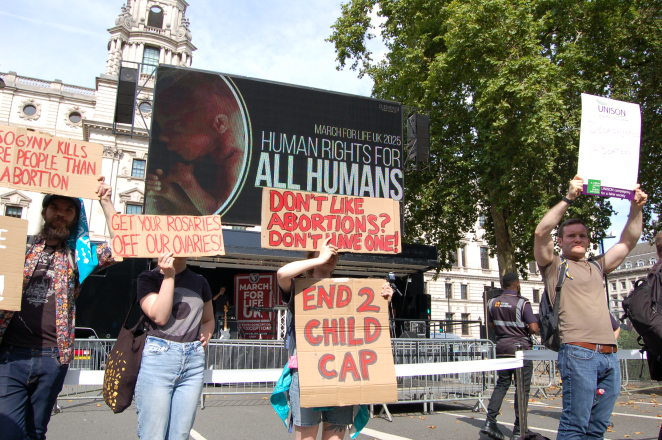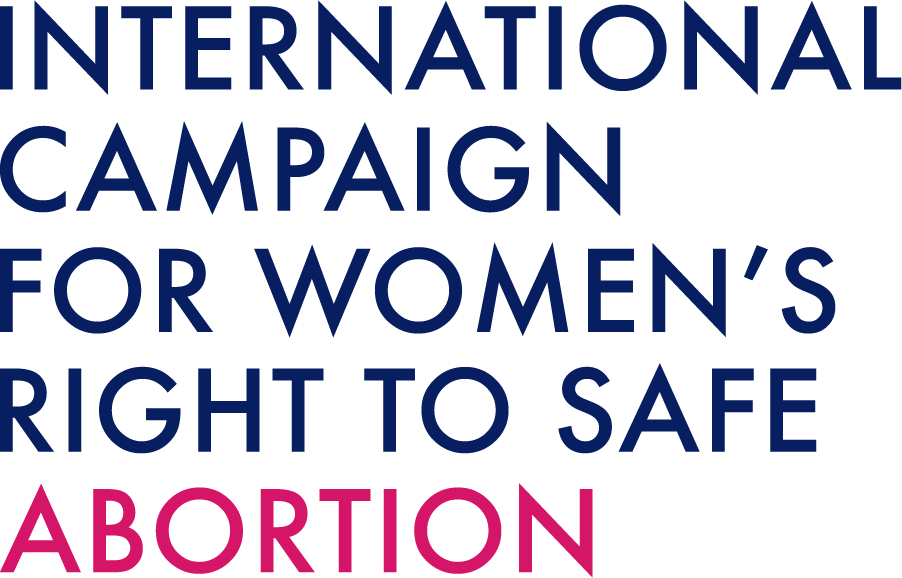
No Complacency on Access to Abortion
Author: Ali Brown
On 17 June, the UK Parliament passed an amendment to the Crime and Policing Bill, ensuring that people in England and Wales will no longer face prosecution for ending their own pregnancy. This marks a crucial victory in protecting reproductive rights, coming amid rising criminal investigations and imprisonments related to pregnancy loss. Between 2020 and 2023, 11 abortion-related cases reached court, resulting in 5 convictions.
Progress Amid Global Challenges
This reform is particularly significant in the international context, where anti-abortion forces are gaining ground. In the UK, progress has been steady:
-
2019: Extension of abortion rights to Northern Ireland
-
2022: Permitting remote prescriptions for abortion at home up to 10 weeks
-
2023: Introduction of clinic buffer zones
Research from 2022 shows that 90% of UK adults support access to abortion services, reflecting widespread public approval.
The Need to Stay Vigilant
Despite these gains, the fight is far from over. Abortion remains a criminal offence under the 1967 Abortion Act, with exceptions allowing certain procedures. Healthcare workers and partners assisting someone seeking abortion outside the Act’s protections still face legal risks.
This legal framework perpetuates fear and stigma. Abortion is a common medical procedure:
-
2.7% of women aged 20–29 undergo abortion each year in England and Wales
-
1 in 3 sexually active women in Britain will have an abortion by age 45
Decriminalisation is essential to normalise abortion and remove unnecessary barriers.
Remaining Barriers to Access
Current law still restricts:
-
Time limits for abortion
-
Grounds on which abortions may be provided
-
Requirement for two doctors’ signatures
These restrictions continue to limit safety and access. Abortion should remain a private decision, guided by medical advice, with access as early as possible, and as late as necessary.
Stella Creasy MP highlighted missed opportunities for full decriminalisation, noting that current laws leave abortion vulnerable to attacks from anti-choice forces.
Inequalities in Access
Even with progress, access is uneven across the UK:
-
Rural areas face a lack of specialists
-
Teenagers are more likely to require later abortions
-
Migrants often struggle to access services
-
Financial, travel, childcare, and confidentiality challenges compound barriers
Reproductive Justice Beyond Abortion
Reproductive justice also involves:
-
Equitable access to contraception and comprehensive sex education
-
A well-funded, accessible NHS
-
Decent welfare, living wages, affordable childcare, and housing
Campaigns for abortion rights must align with broader struggles for social and economic justice to protect all women’s reproductive autonomy.
Resisting the Far Right
The rise of far-right and anti-abortion networks poses a continuous threat:
-
US networks are increasing their visibility in the UK
-
Funding for anti-abortion campaigns has grown significantly
-
Political figures like Nigel Farage and Tommy Robinson continue to challenge abortion rights
While recent reforms should be celebrated, class struggle feminists must build movements capable of countering the far right and achieving fundamental change. Full decriminalisation, guaranteed access, and reproductive justice are essential for all.
We must continue to fight—abortion as early as possible, and as late as necessary—until rights and safety are fully realised.
Source: Workers Liberty




















